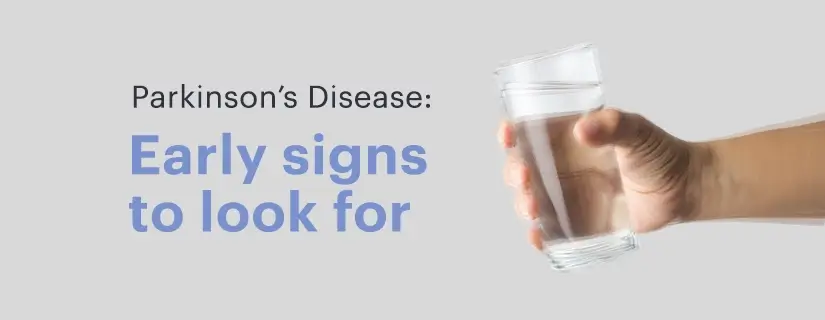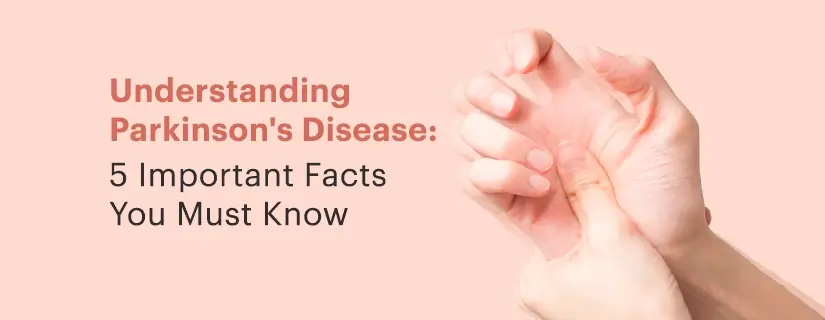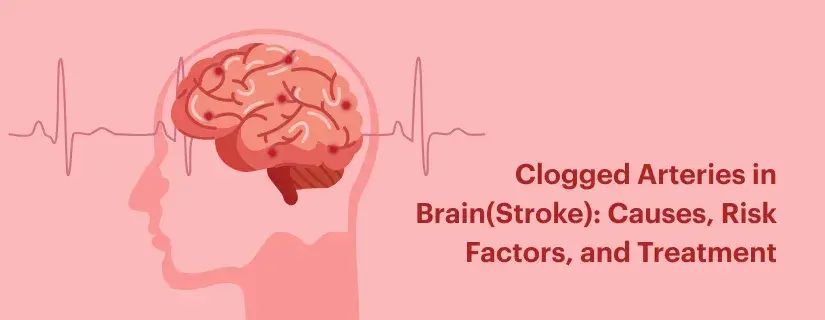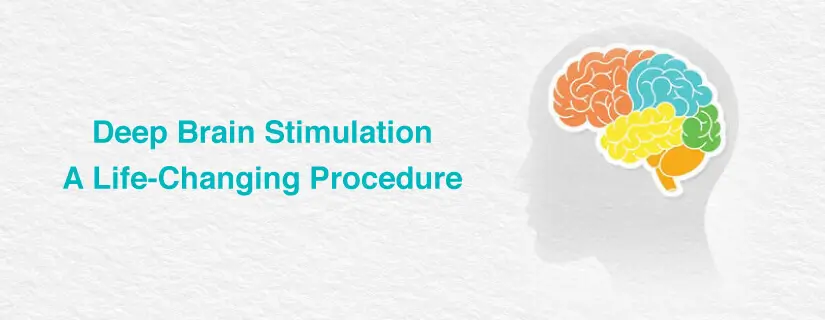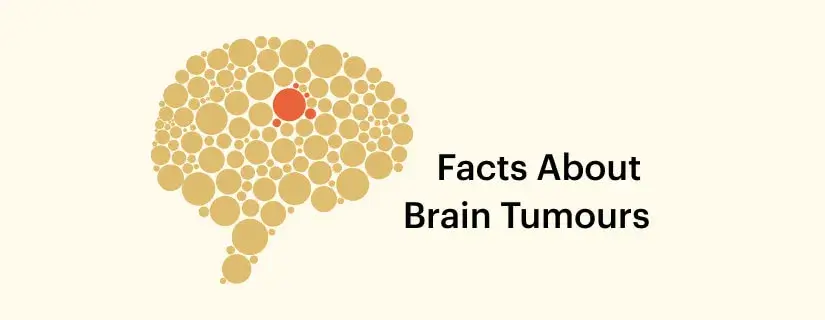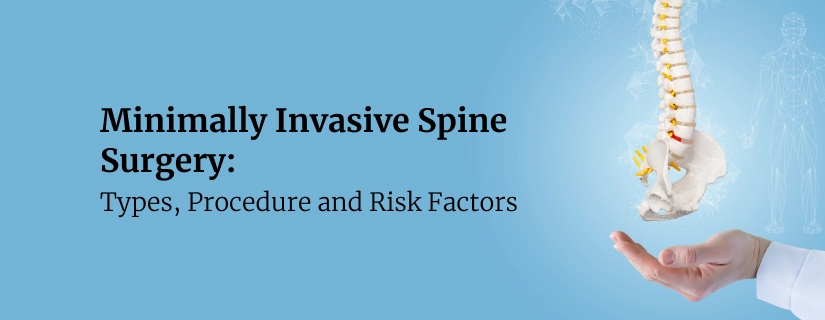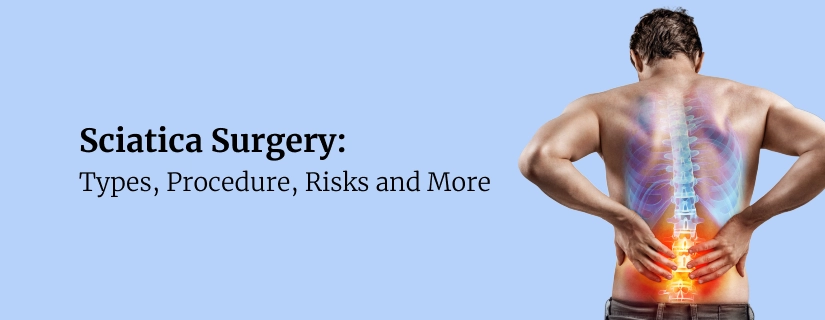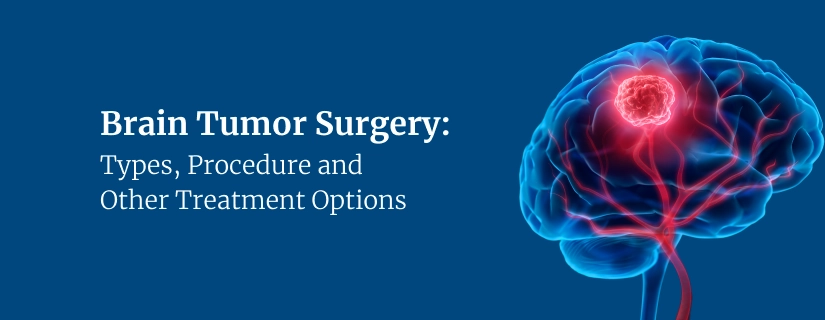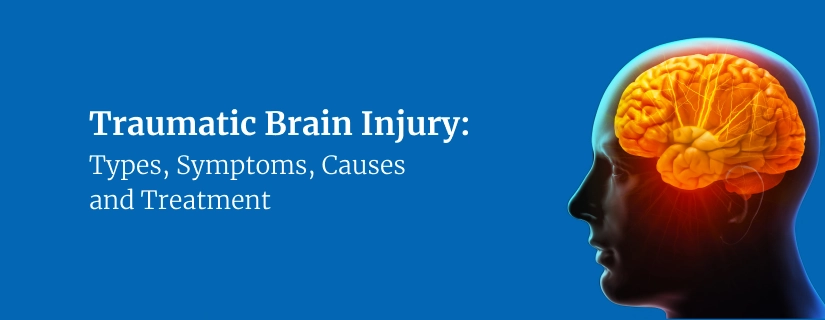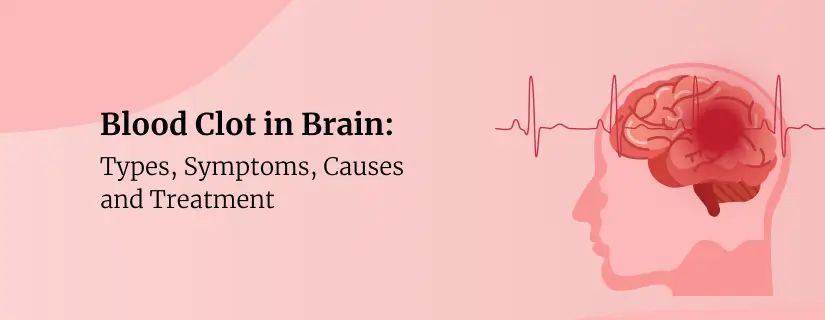-
Doctors
-
Specialities & Treatments
Centre of Excellence
Specialties
Treatments and Procedures
Hospitals & Directions HyderabadCARE Hospitals, Banjara Hills CARE Outpatient Centre, Banjara Hills CARE Hospitals, HITEC City CARE Hospitals, Nampally Gurunanak CARE Hospitals, Musheerabad CARE Hospitals Outpatient Centre, HITEC City CARE Hospitals, Malakpet
HyderabadCARE Hospitals, Banjara Hills CARE Outpatient Centre, Banjara Hills CARE Hospitals, HITEC City CARE Hospitals, Nampally Gurunanak CARE Hospitals, Musheerabad CARE Hospitals Outpatient Centre, HITEC City CARE Hospitals, Malakpet Raipur
Raipur
 Bhubaneswar
Bhubaneswar Visakhapatnam
Visakhapatnam
 Nagpur
Nagpur
 Indore
Indore
 Chh. Sambhajinagar
Chh. SambhajinagarClinics & Medical Centers
Book an AppointmentContact Us
Online Lab Reports
Book an Appointment
Consult Super-Specialist Doctors at CARE Hospitals
Silent Stroke: Warning Signs and Treatment
Updated on 3 January 2020

When we consider strokes in medical parlance, we often relate certain warning signs or symptoms like slurred speech, numbness, or loss of movement in the face or body. But some people have strokes without realizing it. These are called silent strokes.
A silent stroke happens when the blood supply to a part of the brain is suddenly cut off, depriving a person's brain of oxygen and damaging some brain cells in the process. They do not have any explicit warning signs or recognizable symptoms. But they do cause lasting damage to the affected parts of the brain.
It has been noticed that the chances of getting a stroke go up if a person has high blood pressure or irregular heartbeat. Silent strokes in particular are hard to detect because they disrupt the blood supply to a part of the brain that doesn’t control vital functions like speaking or moving. If a person has had one or more silent strokes, he may suffer from thinking and memory problems. Silent strokes could lead to more severe strokes.
What is a Silent Stroke?
A silent stroke is one that has no visible symptoms. A clot that obstructs a blood artery in the brain is the primary cause of most strokes. Because of the obstruction, no blood or oxygen can get to that region, which results in the neighbouring brain cells dying.
What are the Symptoms of Silent Stroke?
The following are common in conjunction with silent strokes:
- Problems with ability and cognitive skills
- temporary movement loss of muscles, especially the bladder
- Disturbance in the balance
- Mood change
- Personality change
- Speech issues
- Loss of sensation, vision, and strength
- Fainting
What to do When Someone has a Silent Stroke?
When someone experiences a silent stroke (a stroke that typically doesn't cause noticeable symptoms), immediate action might not be apparent as there might not be obvious signs of distress. However, if you suspect someone has experienced a silent stroke or if there's a concern based on medical history or risk factors, here's what you can do:
- Seek Medical Attention: If there's a suspicion or concern about a silent stroke due to risk factors or medical history, it's essential to seek medical evaluation. Contact emergency services or a healthcare professional for guidance.
- Consult a Healthcare Provider: Arrange for a medical evaluation, even in the absence of visible symptoms, to assess the risk factors and potential brain damage caused by the silent stroke. A healthcare professional may recommend diagnostic tests, such as MRI or CT scans, to detect any brain abnormalities.
- Follow Medical Advice: If a silent stroke is diagnosed, follow the healthcare provider's recommendations and treatment plan. This might involve medications, lifestyle changes, or therapies aimed at reducing the risk of future strokes and managing any underlying conditions contributing to stroke risk.
- Monitor and Address Risk Factors: Take proactive steps to address risk factors associated with strokes, such as managing high blood pressure, controlling diabetes, maintaining a healthy diet, staying physically active, and not smoking. Regular follow-ups with a healthcare provider are crucial to monitor and manage these risk factors.
- Supportive Care: Provide emotional support and encouragement to the affected individual. Coping with a silent stroke can be challenging, even if there are no immediate noticeable symptoms. Offer reassurance and help them adhere to the recommended medical advice and lifestyle changes.
Remember, even though silent strokes may not manifest immediate or obvious symptoms, they still require attention and medical evaluation to assess the potential impact and manage the risk factors for future strokes. Consulting a healthcare professional is crucial for proper evaluation and guidance.
When Should I visit a Doctor?
A stroke is a serious medical occurrence. If you are experiencing any of the signs of a stroke, get quick medical assistance.
See your physician if you are at risk for a silent stroke but are not exhibiting any symptoms of a stroke. They can assist you in creating a strategy to lower your risk factors and stop a stroke.
Preventing Silent Strokes
Preventive Measures for Reducing Stroke Risk:
- Identify Risk Factors: Factors like high blood pressure, vascular disease, and diabetes increase the likelihood of experiencing a stroke. Hence manage these conditions
- Proactive Lifestyle Habits: Regularly checking cholesterol levels, managing blood sugar, engaging in regular exercise, and maintaining a healthy weight can significantly lower the risk of a stroke.
- Maintain a Heart-Healthy Diet: Shifting to a heart-healthy meal plan can help manage cholesterol and overall cardiovascular health, reducing the risk of strokes.
- Stop smoking: Smoking can lead to silent strtoke, stop smoking or taking alcohol.
Silent Strokes vs. Mini Strokes
Certainly, here are concise points differentiating between silent strokes and mini-strokes:
Silent Strokes:
- Often go unnoticed due to mild or absent symptoms.
- Result in small areas of brain damage without causing immediate noticeable impairment.
- Can lead to cumulative damage and increase the risk of future, more severe strokes.
- Detected through brain imaging tests (MRI or CT scans) even in the absence of apparent symptoms.
Mini-Strokes (Transient Ischemic Attacks - TIAs):
- Present with stroke-like symptoms that last for a short time (minutes to less than 24 hours).
- Caused by temporary disruption of blood flow to the brain.
- Symptoms resolve without causing permanent damage, but they should not be ignored as they could signal an increased risk of a future, more severe stroke.
- Considered warning signs and require medical attention to assess stroke risk factors and prevent future strokes.

ENQUIRY FORM
SELECT CATEGORIES
-
Neurosciences (16)
-
Neurology (37)
-
Neurosurgery (14)
-
Orthopaedics (48)
-
Oncology (33)
-
Obstetrics and gynecology (51)
-
Pulmonology (23)
-
Urology (20)
-
Nephrology (13)
-
Psychiatry (7)
-
Dietetics and Nutrition (111)
-
General Medicine (63)
-
Cardiac Sciences (30)
-
Vascular & Endovascular Surgery and Interventional Radiology (10)
-
Gastroenterology (46)
-
Endocrinology (23)
-
Plastic Surgery (10)
-
Critical Care Medicine (5)
-
COVID-19 (16)
-
Dermatology (16)
-
Emergency Care (1)
-
Ophthalmology (4)
-
Pediatrics (14)
-
Laparoscopic and Bariatric Surgery (8)
-
ENT (15)
-
Kidney Transplant (1)
-
Liver Transplantation and Hepatobiliary Surgery (5)
-
General Surgery (3)
-
Internal Medicine (5)
-
Medicine Information
4 Myths about Epilepsy Busted
Stroke Treatment In India: All You Need To Know
YOU MAY ALSO LIKE
RECENT BLOGS
-

Direct Anterior Approach in Total Hip Replacement: Advantages and Challenges
10 April 2025
Read More
-

Zinc Deficiency: Signs and Symptoms, Causes, Treatment
9 April 2025
Read More
-

Chest Pain When Coughing: Causes, Treatment and Home Remedies
9 April 2025
Read More
-

12 Health Benefits of Eating Mushrooms
8 April 2025
Read More
-

7 Health Benefits of Blood Donation You Should Know About
8 April 2025
Read More
-

Implantation Bleeding Vs Periods: Know the Difference
28 February 2025
Read More
-

Bloating During Ovulation: Symptoms, Causes and Remedies
28 February 2025
Read More
-

Itching During Dengue: Causes, Treatment and Home Remedies
18 February 2025
Read More
Have a Question?
If you cannot find answers to your queries, please fill out the enquiry form or call the number below. We will contact you shortly.



